“Cheap” Advice Could Be Costing You More Than You Think
Something that really grinds my gears?
Robots trying to do our job.
And even worse—people trusting them with the future they’ve worked their whole lives to build.
Look, I get the appeal. These platforms are slick. The dashboards look great. The fees seem low. They ask you a few quick questions:
What’s your age?
What’s your “risk tolerance”?
What’s your “timeline”?
Then boom—you’re placed in a model portfolio and sold a plan based on automation and assumptions.
But let’s be real…
You’ve never actually talked to them.
There’s no conversation. No relationship. No strategic planning. Just a portfolio that’s supposed to “set and forget” your entire financial future.
And here’s the thing: these platforms don’t talk about market movement, opportunity, or life changes.
They talk about time horizon and risk score. That’s it.
If you’ve built any meaningful wealth—whether it’s $250k, $500k, or a few million—you’re not just investing anymore. You’re managing real complexity.
And the truth is: those low-cost platforms aren’t equipped to help you with any of it.
The Hidden Cost of “Low-Cost” Advice
Mass-market planning firms and robo-advisors sell the idea that all advice is the same. That cheap is smart. That an algorithm can replace a relationship.
But if you’re a wealth builder—or already in retirement—the cracks in that model show up fast.
Because these firms:
Don’t give you tax strategy
Don’t help you adapt your withdrawal plan in volatile markets
Don’t coordinate with your CPA or estate attorney
Don’t help with major transitions (retirement, inheritance, selling a business)
Don’t hold you accountable to long-term goals when things get tough
They’re built to scale. Not to serve.
The Vanguard Stat Everyone Overlooks
Let’s talk about real value.
According to Vanguard’s Advisor Alpha study, working with a real financial advisor—not a robo or mass-market firm—can add about 3% per year in additional value.
That’s after fees.
This isn’t about “beating the market.”
It’s about:
Tax-loss harvesting
Managing investor behavior (not panic selling at the wrong time)
Tax-efficient withdrawal strategies
Asset location
Rebalancing
Coordinating accounts and cash flow
That’s not theory. That’s quantified by one of the largest and most trusted firms in our industry.
So when a platform charges you 0.25% and delivers only the basics—you have to ask…
What’s the other 2.75% worth to you?
For Wealth Builders: Every Dollar Matters
Let’s say you’ve saved $250,000 or $500,000. That’s not “ultra-rich,” but it’s a major accomplishment—and a foundation for financial freedom.
If you make $100,000 a year, that portfolio represents years of income. It matters.
And yet many wealth builders use services designed for beginners. These services may look cost-effective but fail to:
Optimize your tax position
Help you build toward early retirement or semi-retirement
Prepare for changes in income or market cycles
Identify better opportunities for growing your wealth faster
You wouldn’t trust the lowest bidder to build your home.
So why trust a $25/month robo to build your financial future?
Retirees: You May Be Giving Money Away
If you’re already retired, the risks are even greater.
Because retirement is not just about “staying invested.” It’s about:
Knowing which accounts to draw from—and when
Timing Roth conversions correctly
Managing tax brackets year-to-year
Holding a cash buffer so you don’t sell equities in a downturn
Planning for Required Minimum Distributions (RMDs)
These platforms don’t do that. They run a script. Withdraw evenly. Ignore your life.
And if you’re relying on that strategy?
You’re likely overpaying in taxes and undershooting your potential income.
Ultra-High-Net-Worth Clients: Just Don’t
If you’re sitting on $5 million or more?
Using a robo-advisor or budget platform is like flying private and asking the intern to pilot the jet.
You need a team. And here’s why:
1.
Estate Planning is Critical
You’ve got real legacy planning needs: GRATs, IDGTs, SLATs, QPRTs… None of which these platforms can help with.
They don’t coordinate with estate attorneys. They don’t create gifting strategies.
And they definitely don’t help you minimize estate taxes over generations.
2.
Your Taxes Are Too Big to Ignore
Business interests. Multiple income streams. RSUs. Large charitable gifts.
You need forward-thinking tax management.
These platforms don’t plan proactively. They plug in your numbers and leave you alone.
We work with your CPA. We plan for the future—not just file your taxes when it’s over.
3.
You’re Getting Commoditized Investments
Robo portfolios often use cheap funds the platform gets paid to include.
It’s pay-to-play under the hood.
You’re not getting access to the best ideas. You’re getting what’s scalable.
At Compound Advisory, we use investments for your situation. No commissions. No conflicts. Just good planning.
Our Fee: Fair, Transparent, and Client-First
Our advisory fee is 1% annually for portfolios under $1 million.
We believe that’s a fair rate for real, proactive, customized planning. Not a dashboard. Not a call center. Real strategy.
And here’s something most firms won’t say:
If you refer someone to us, we’ll discount your fee. Cumulatively.
So the more people you help connect with real advice, the more you benefit too.
That’s how trust should work.
What You’re Actually Paying For
You’re not just paying for “investment management.”
That’s easy.
You’re paying for:
Custom financial planning
Proactive tax optimization
Behavior coaching
Big-picture strategy
Peace of mind that someone’s watching your blind spots
You’re paying for someone who’s vested in your success—not your data set.
Final Thought: Real Advice Compounds
If you’ve built wealth—no matter the size—you’ve done the hard part.
Don’t let a cheap, generic service put all of that at risk.
You deserve real planning. Real accountability. Real clarity.
Not just a model portfolio based on a quiz.
→ Ready to See the Difference?
Book a free 15-minute Clarity Call.
We’ll talk about where you are, where you want to go, and whether your current plan is helping—or quietly holding you back.
No pitch. No pressure. Just insight that actually compounds.


